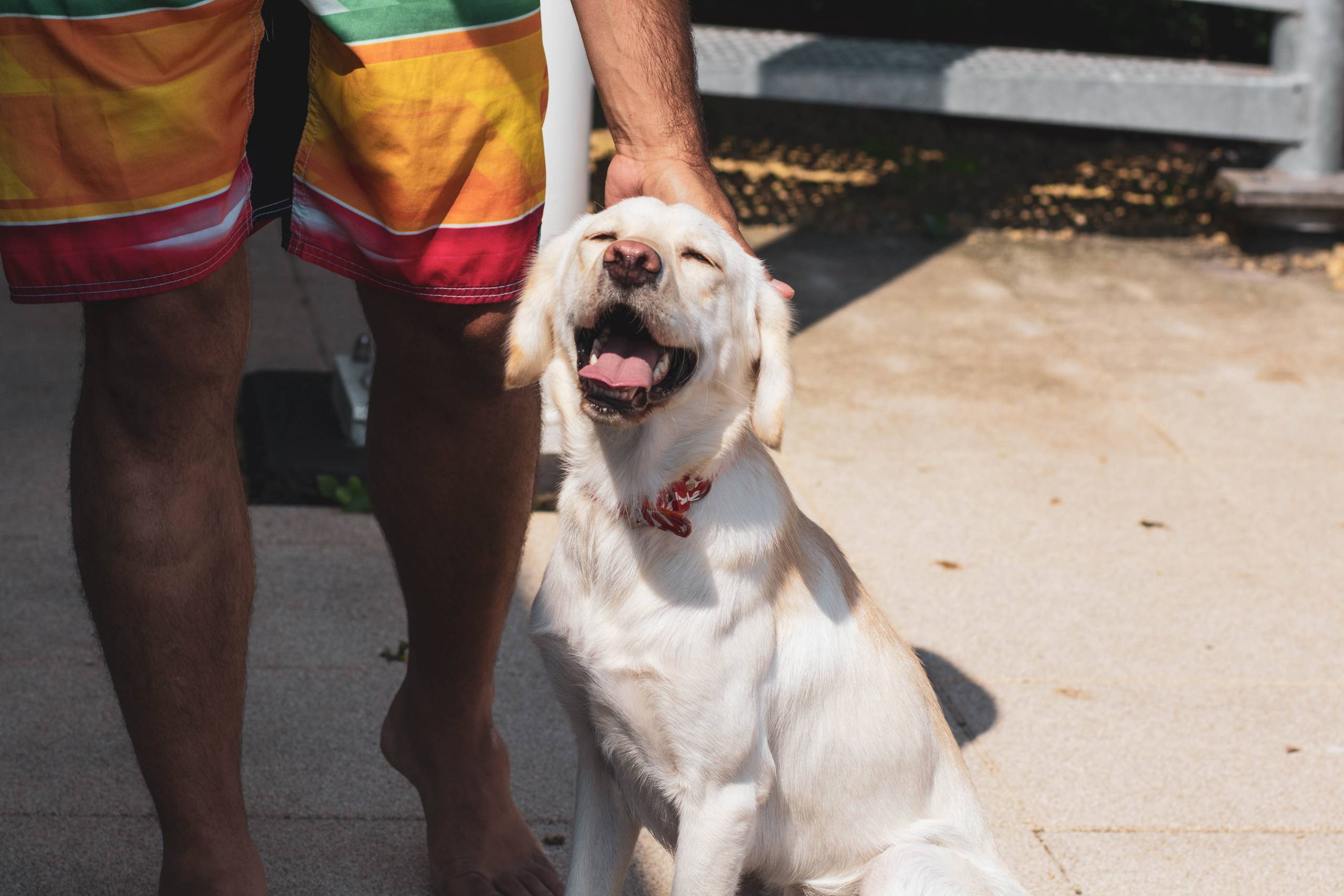
Understanding Dog Constipation
Constipation in dogs occurs when they have difficulty passing stools. This can result in infrequent or strained bowel movements, causing discomfort and distress. There are several reasons why dogs may experience constipation, including dehydration, lack of dietary fiber, inadequate exercise, certain medications, or underlying health issues. Identifying the cause can help in finding the most effective solutions.
Signs of Dog Constipation
As a responsible dog owner, it’s crucial to be aware of the signs that indicate your pet may be constipated. Look out for symptoms such as straining to defecate, producing dry or hard stools, reduced appetite, abdominal discomfort, or restlessness. If you notice any of these signs, it’s essential to take action to help your dog find relief.
Tips to Help Alleviate Dog Constipation
Hydration is Key
Ensuring that your dog stays well-hydrated is crucial for maintaining healthy digestion. Offer plenty of fresh, clean water throughout the day, especially during warm weather or after physical activity. If your dog is reluctant to drink, consider adding water to their food to increase their fluid intake.
Dietary Adjustments
A balanced diet with adequate fiber can help prevent constipation in dogs. Consider incorporating high-fiber foods such as pumpkin, sweet potatoes, or green beans into their meals. Additionally, specialized dog foods formulated to promote digestive health may also be beneficial. However, it’s important to consult with your veterinarian before making any significant changes to your dog’s diet.
Regular Exercise
Physical activity plays a vital role in maintaining your dog’s overall health, including their digestive system. Regular exercise can help stimulate bowel movements and prevent constipation. Take your dog for daily walks, engage in playtime, or consider activities such as agility training to keep them active and healthy.
Seek Veterinary Advice
If your dog’s constipation persists or if you notice any concerning symptoms, it’s best to seek professional veterinary advice. Your veterinarian can conduct a thorough examination, identify any underlying health issues, and recommend appropriate treatment options. In some cases, they may prescribe medications or dietary supplements to address the problem.
Patience and Support
Dealing with dog constipation requires patience and understanding. Be supportive of your furry friend as they go through this discomfort. Offer them comfort and reassurance, and be observant of any changes in their behavior. Your attentiveness and care can make a significant difference in helping your dog overcome constipation.
Helping your dog overcome constipation involves a combination of understanding their needs, making necessary adjustments, and seeking professional guidance when needed. By being proactive and attentive, you can help your beloved pet find relief from constipation and promote their overall well-being. Remember, your dog relies on you for their health and happiness, so providing them with the care they need is essential for a fulfilling and joyful companionship.
[/fusion_text]



